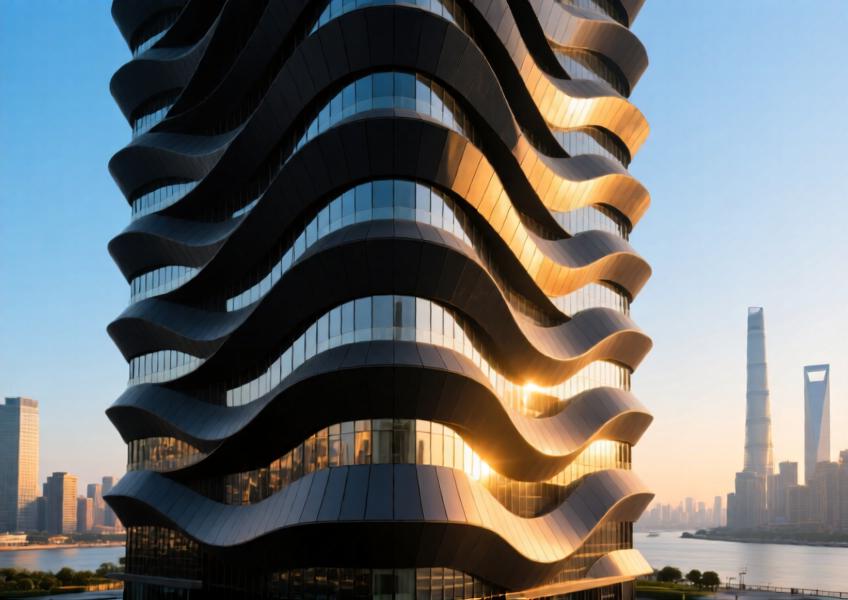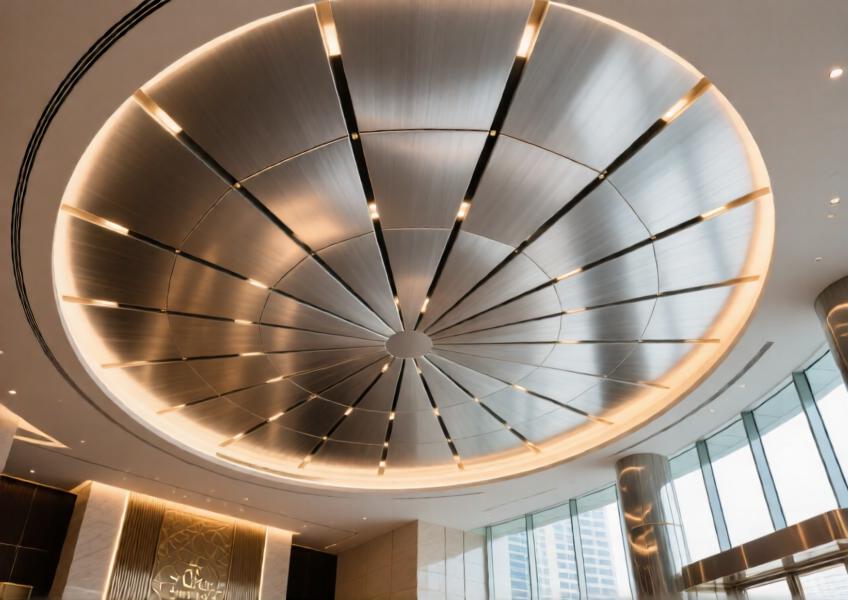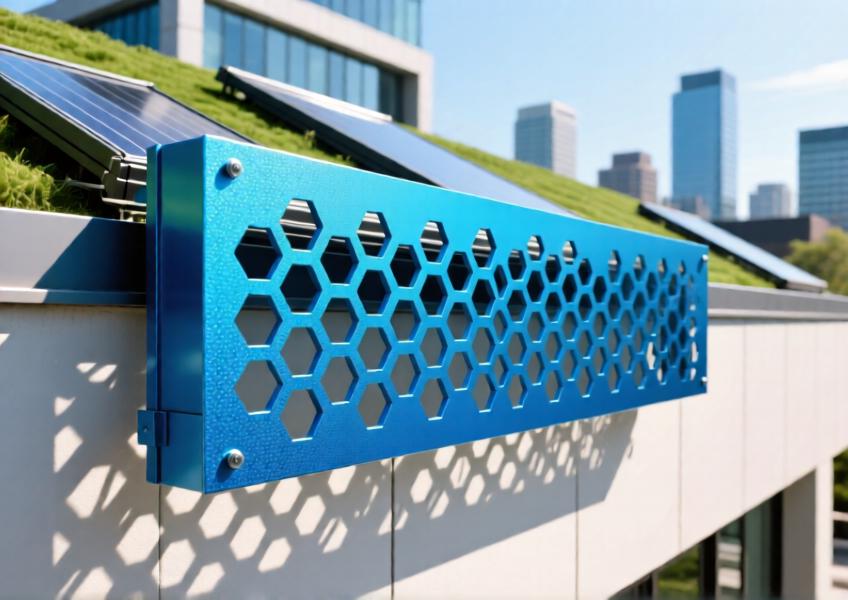

In the evolving landscape of architectural design, materials that blend functionality with aesthetics are highly sought after. Among these, the solid aluminum panel has emerged as a standout choice for modern construction projects. Its versatility makes it ideal for applications ranging from aluminum curtain walls and ceilings to decorative elements that redefine interior and exterior spaces.
One of the key advantages of solid aluminum panels lies in their durability. Unlike traditional materials that may degrade over time due to environmental exposure, aluminum is naturally corrosion-resistant and maintains its structural integrity even under harsh conditions. This makes it particularly suitable for curtain wall systems in high-rise buildings, where longevity and safety are paramount. A recent project in Shanghai utilized solid aluminum panels in a wave-like facade design, not only enhancing the building’s visual appeal but also ensuring resilience against coastal humidity and wind pressure.

In interior design, aluminum panels are increasingly used for ceilings and wall claddings, offering a sleek, minimalist look that complements modern decor. Their lightweight nature simplifies installation, while their malleability allows for creative shaping and customization. Designers are now experimenting with perforated patterns, textured finishes, and integrated lighting systems to create dynamic spatial experiences. For instance, a luxury hotel in Dubai incorporated brushed solid aluminum panels into its lobby ceiling, reflecting ambient light and creating a sense of openness and elegance.

Another innovative application includes anodized blue perforated aluminum panels featuring geometric patterns, which have been used in sustainable sunshade designs to optimize natural lighting while reducing solar heat gain.

Beyond functionality, the environmental benefits of using aluminum cannot be overlooked. As a fully recyclable material, it supports sustainable building practices and contributes to green certifications such as LEED. Many architects now specify solid aluminum panels for eco-conscious projects, balancing ecological responsibility with high design standards.
As urban skylines evolve and interior spaces become more experiential, the solid aluminum panel continues to prove itself as a cornerstone material in contemporary architecture—offering strength, style, and sustainability in equal measure.